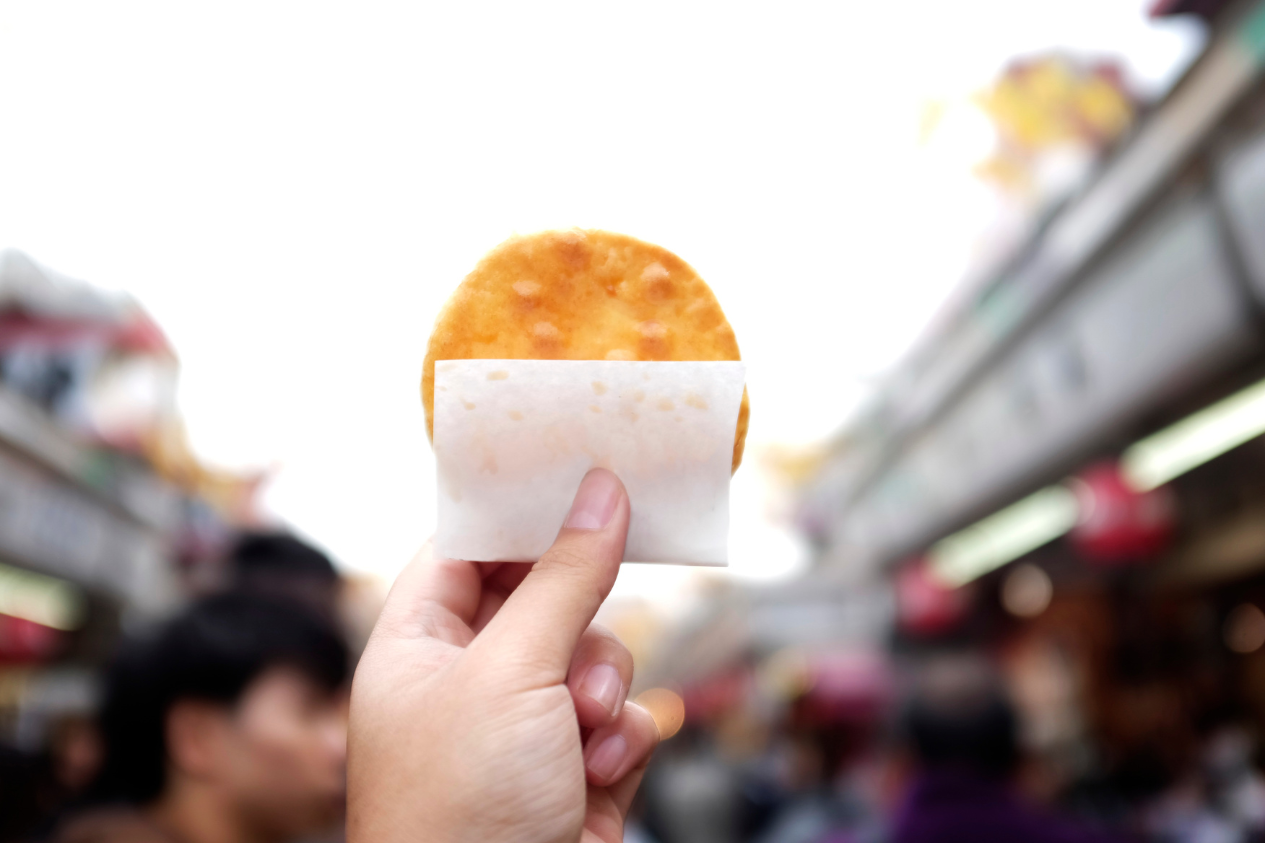
Safe Street Foods to Try During the Monsoon
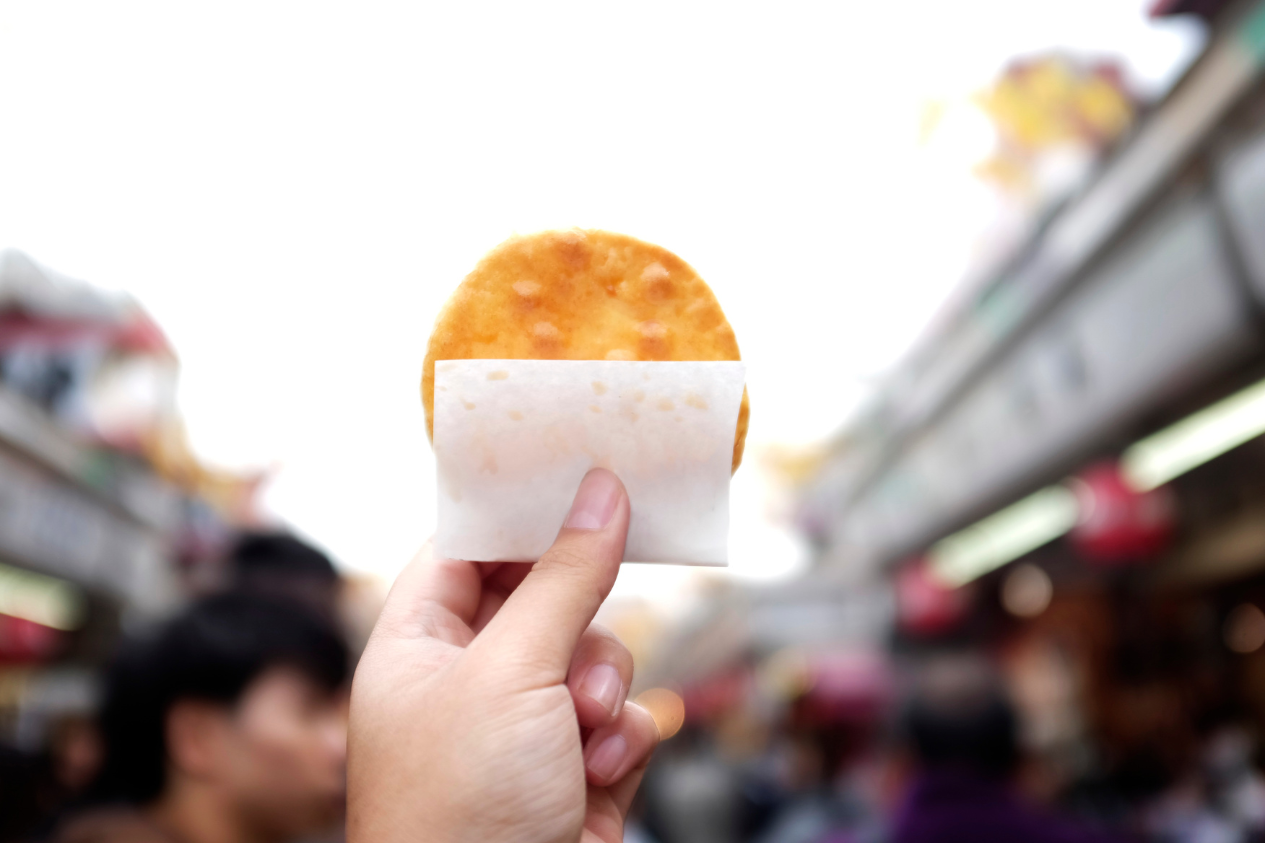
India’s monsoon is here, with its poems of the skies darkening and the scent of petrichor. It indicates that it is time for piping hot cups of chai, various crispy munchies, and lots of cosy comfort food. What better way to enjoy the monsoon than relishing street food with a tantalising taste?
However, monsoon also means concerns about hygiene and food safety. With puddles, muddy roads, and increased humidity, some of our favourite street foods could become hotspots for bacteria if proper handling is not taken. What are we to do now?
This guide is your deliciously safe guide to munching in the monsoon, with safe street foods to try during the monsoon that are not only lip-smacking but also relatively lower risk if chosen wisely.
Why Food Safety Matters More in the Monsoon
The extra humidity in the air, combined with wet conditions, makes it easier for germs to develop in raw or badly stored food, and this can lead to potentially getting sick from foodborne illnesses like food poisoning, diarrhoea, or stomach infections. Therefore, it is best to opt for cooked, served-hot and fresh foods that lessen your chance of bacterial contamination.
Pro tip: Make sure to go to vendors with good hygiene standards, such as clean carts, covered food, and running water for handwashing.
Steaming Hot Idlis and Dosas
Idlis and dosas are fermented foods and, therefore, among the least risky street foods during monsoon season, at least concerning food safety and the risk of bacterial infection. But why?
- They are either steamed or griddled fresh.
- Most vegetative bacteria are killed by very high temperatures.
- There is minimal oil, so they are easy to digest.
Look for carts that prepare the dosa batter on an everyday basis, when the vendor has just griddled a hot dosa or idli and served it with hot sambar. It’s best to avoid raw coconut chutney unless you are confident the vendor respects basic hygiene principles.
Pro Tip: When it comes to dosas, I would recommend you stick with plain dosas or rava dosas, as opposed to stuffed or batch-cooked varieties.
Roasted Corn on the Cob (Bhutta)
What can be more iconic than sitting under a shared umbrella, in the rain, with a bhutta in your hand?
- Roasted corn is prepared directly over charcoal, which gets it hot and keeps it that way.
- No water is involved in preparation, and this minimises there being potential for pathogens.
- The corn is freshly topped with a lime, salt and chilli rub.
Be sure to have the corn roasted in front of you and choose a vendor who has clean hands or is using gloves.
Pro Tip: When it comes to lime juice, ask for a squeeze of lime from a freshly cut lemon and avoid store-bought mixes.
Boiled Peanut Chaat
Boiled peanut chaat is protein-packed, light, and much safer than chaats based on raw sprouts in the monsoon.
- The peanuts have been boiled, not raw!
- The lemon, onions, and spices are added, all on the spot.
Make sure the vendor uses boiled, clean filtered water to boil the peanuts and that he freshly chops the garnishes.
Tip: Don't get the curd option unless your curd is fresh, allowed to chill, and from a new container.
Steamed Momos (No Fried)
When it comes to momos filled with vegetables or chicken, steamed momos are a relatively safe option compared to fried momos during monsoons.
- Steam them hot.
- Use very little oil.
- Turnover huts, where food is prepared in limited amounts and keep it fresh.
Do not have red chutney, unless it is hot and freshly made. In this weather, raw chutneys are susceptible to carrying bacteria.
Pro Tip: Choose the vendors who steam momos after you order and not those who have the momos in trays and keep resetting.
Masala Chai from Clean Stalls
It is hard to think about the monsoon without masala chai. That warming, spiced-up drink is not only refreshing, but it is also immunity-boosting.
- Boil thoroughly
- Serve steaming hot
- Usually freshly brewed with each batch
Don't order roadside tea where they let the milk sit, or reuse the milk for long periods.
Pro Tip: Look for places that use whole spices like ginger, cardamom, and tulsi, which are nature's monsoon healers.
Vegetable Upma or Poha
Poha and upma are steamed or sautéed breakfasts that can be found at morning street carts.
- Low in oil
- Thoroughly cooked
- Light on the digestive system
Order an order that is freshly made, and avoid when they are dry, sticky, or have flies circling.
Pro Tip: You should avoid poha with grated raw coconut unless they have just freshly added it right in front of you.
Rajma Chawal or Chole Chawal bowls
You may find that many street vendors now sell rajma chawal, chole chawal or khichdi bowls, which is a terrific, wholesome (monsoon-safe) meal.
- Boiled rice and slow-cooked legumes minimise the risk from bacteria and fungi.
- Everything is steaming hot and served quickly.
- No raw ingredients or decorations.
- Comfort food, healthy and safe to eat.
Pro tip: Refuse add-ons. Nobody needs raw onions or salad, please. If available, just go with hot ghee, papad or pickle, and if served hygienically.
Monsoon is a celebration of the senses—the sound of rain, the smell of wet mud, and the warmth of your favourite street snack. While it is completely understandable that you want to indulge, your health should not be compromised. You can enjoy all the best safe street foods to try during the monsoon by steering clear of what you do not, and choosing hot, fresh and hygienic options instead.
So go ahead—grab that crispy pakora, sip that masala chai and smile, and let the rains take care of the rest.
Related Blogs
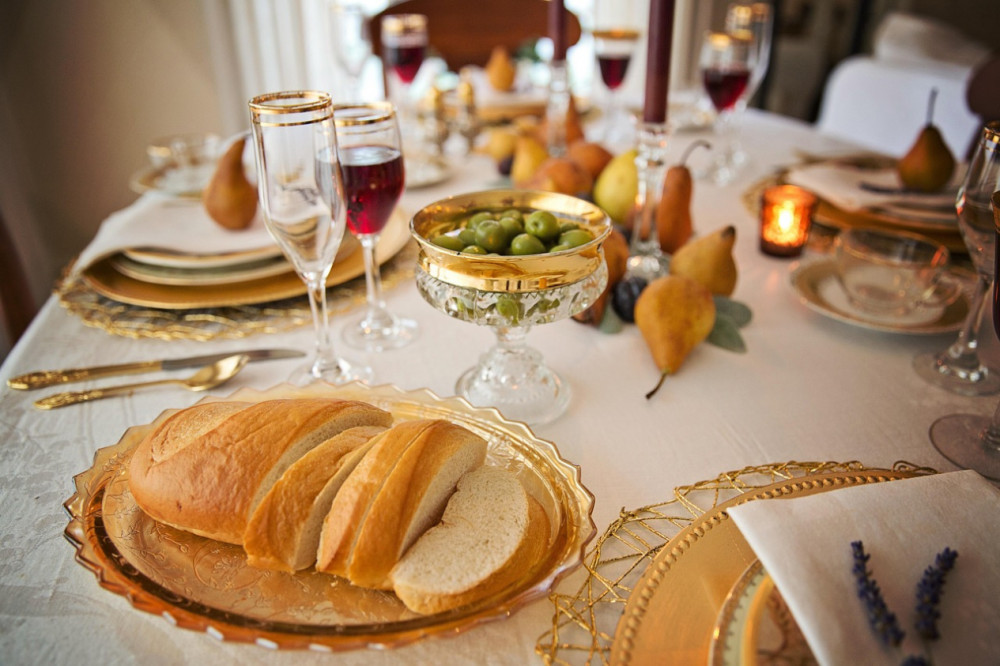
Fusion Thanksgiving: India-Inspired Global Feast
73 Views
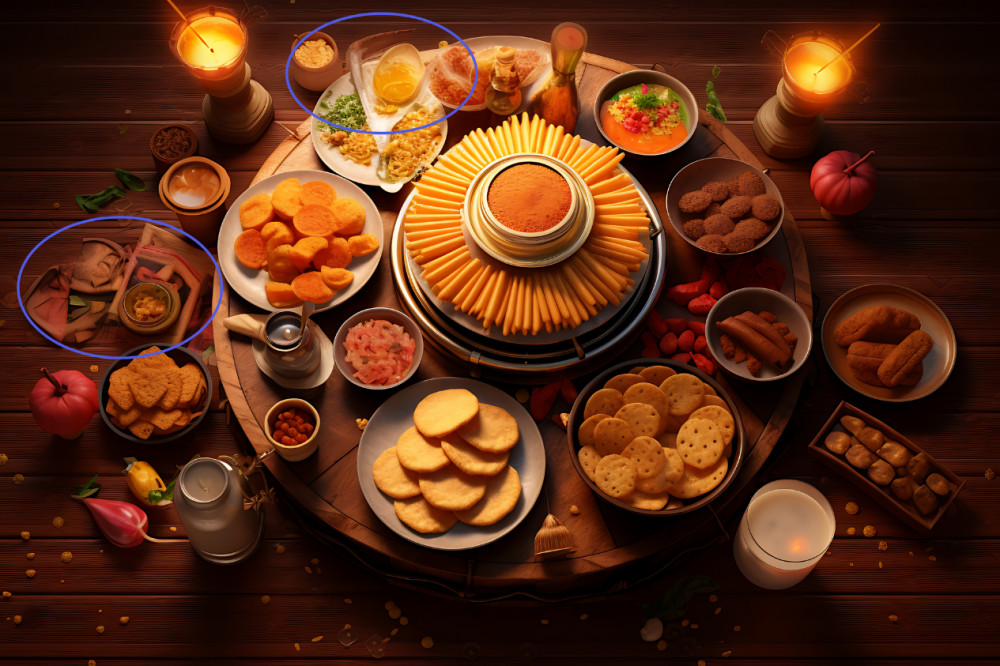
Food Offerings and Festive Plates of Kartik Purnima
167 Views
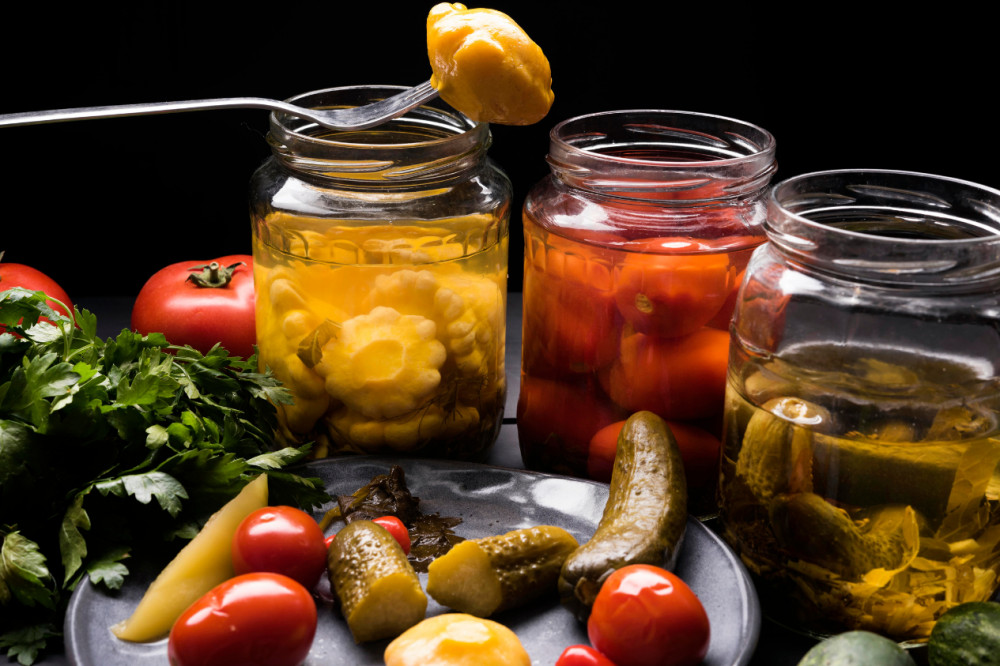
The Science of Ferment: Easy Homemade Fermented Foods
127 Views
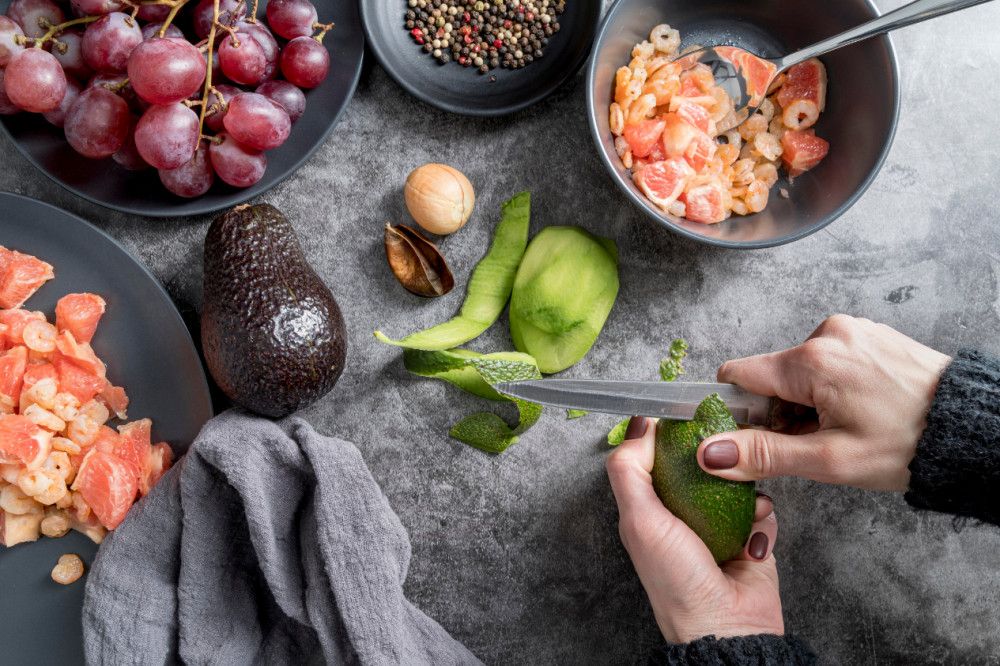
Zero-Waste Cooking: 7 Dishes That Use Every Bit
128 Views
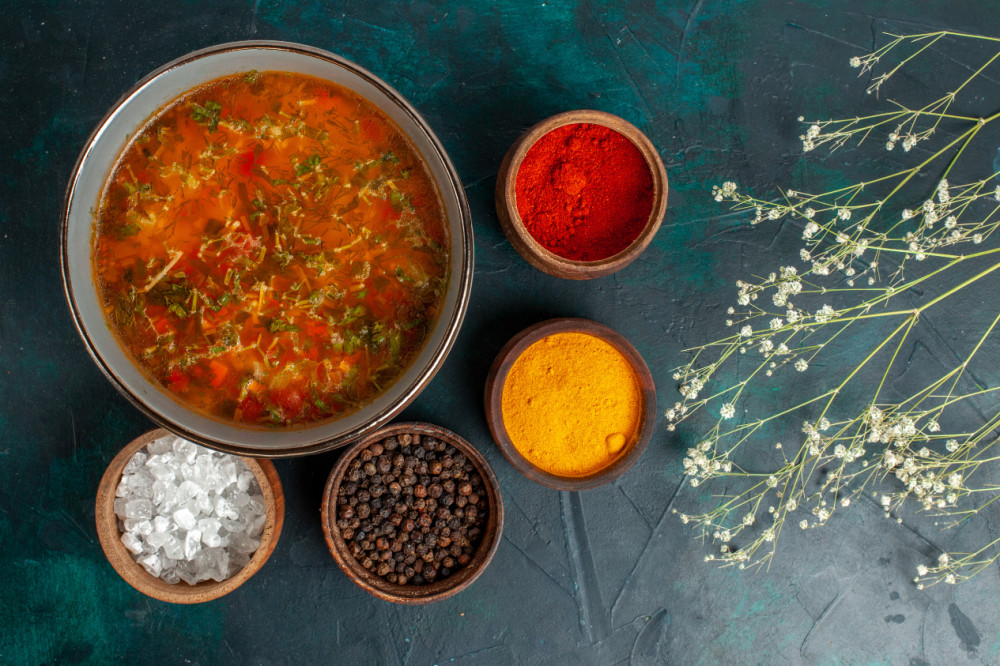
Warm Spices, Cold Valleys: Comfort Food from Kashmir
169 Views